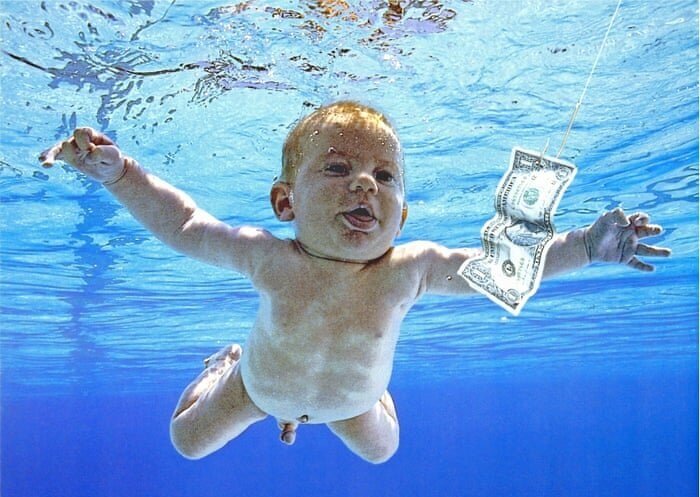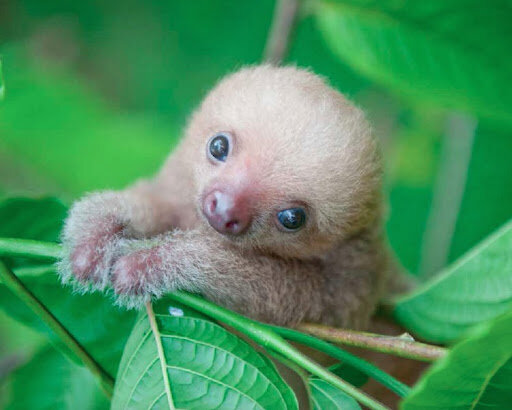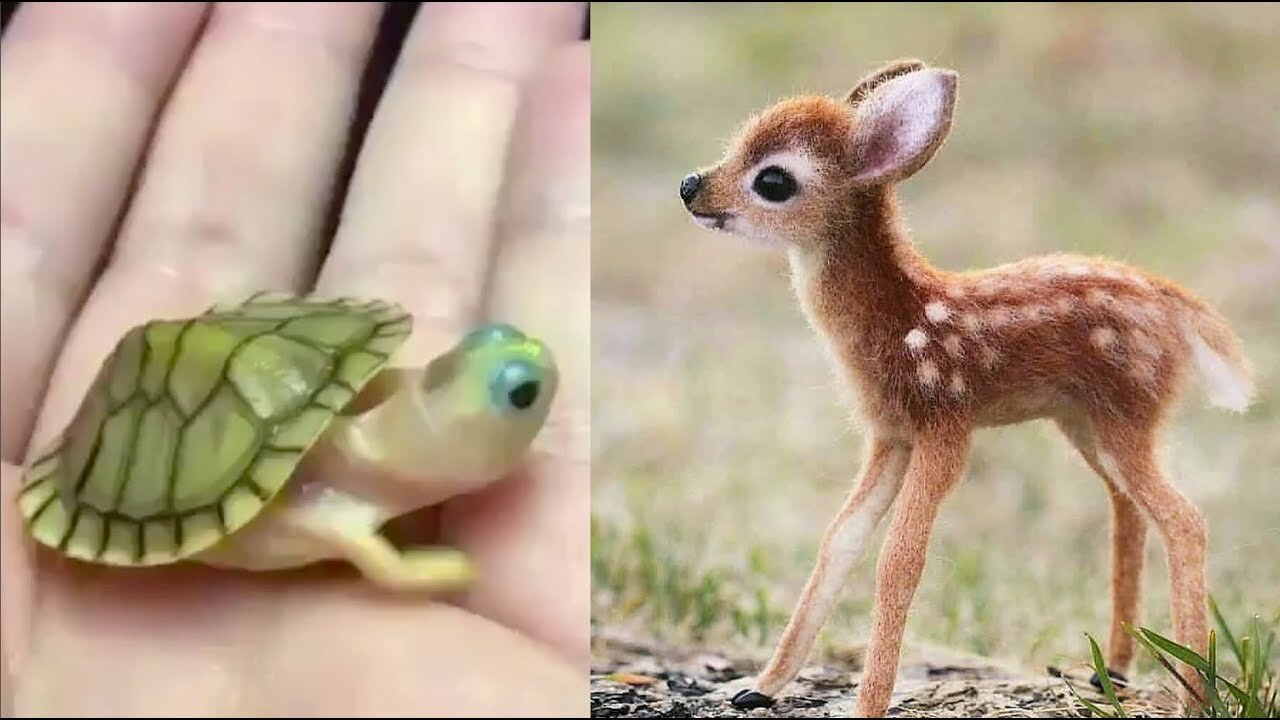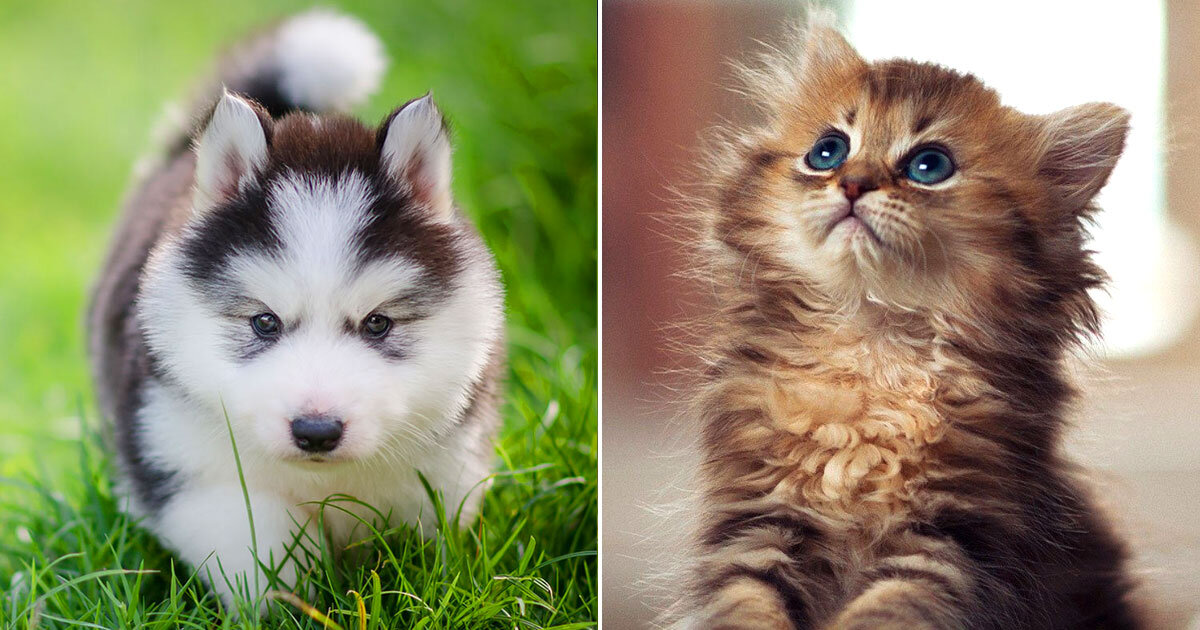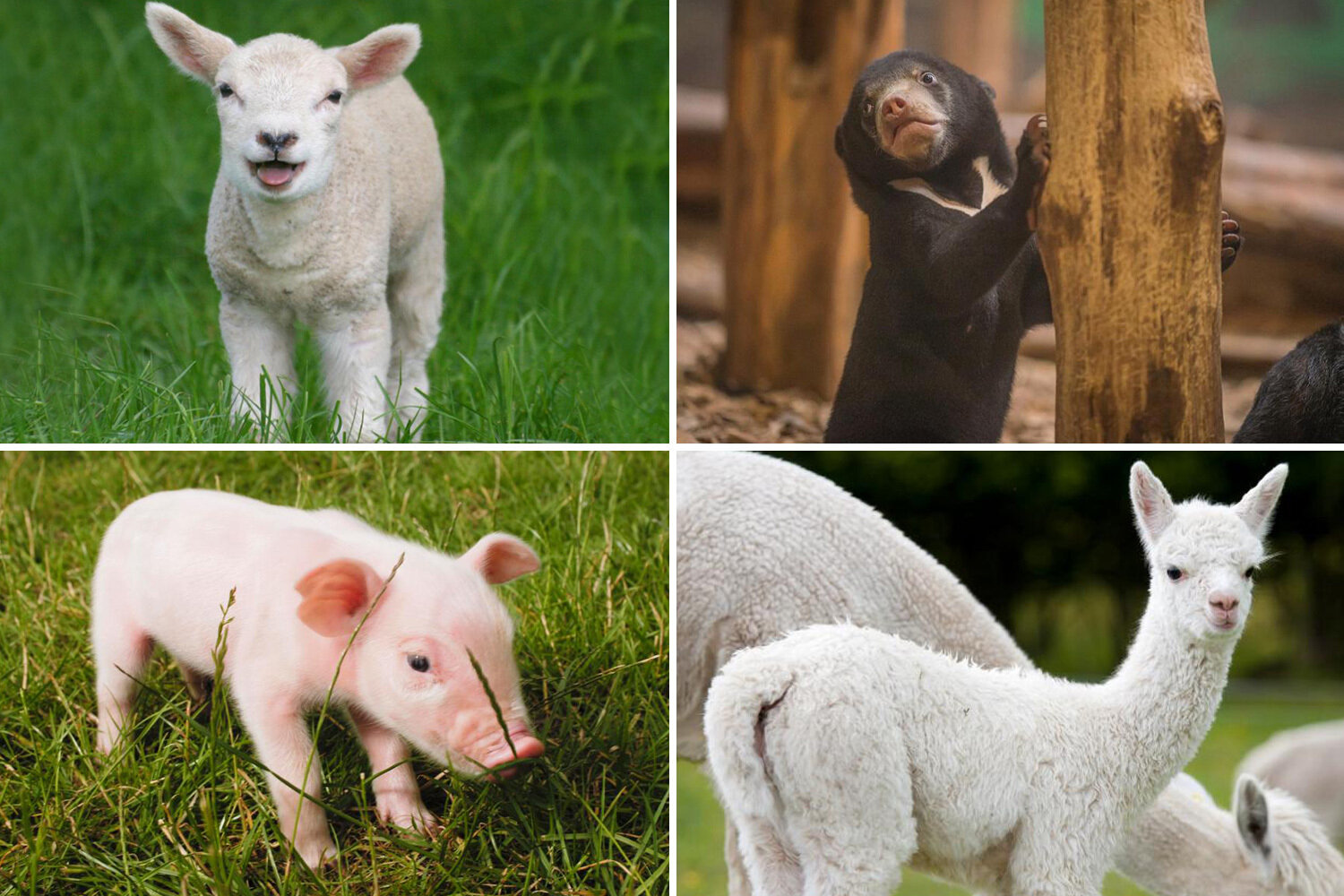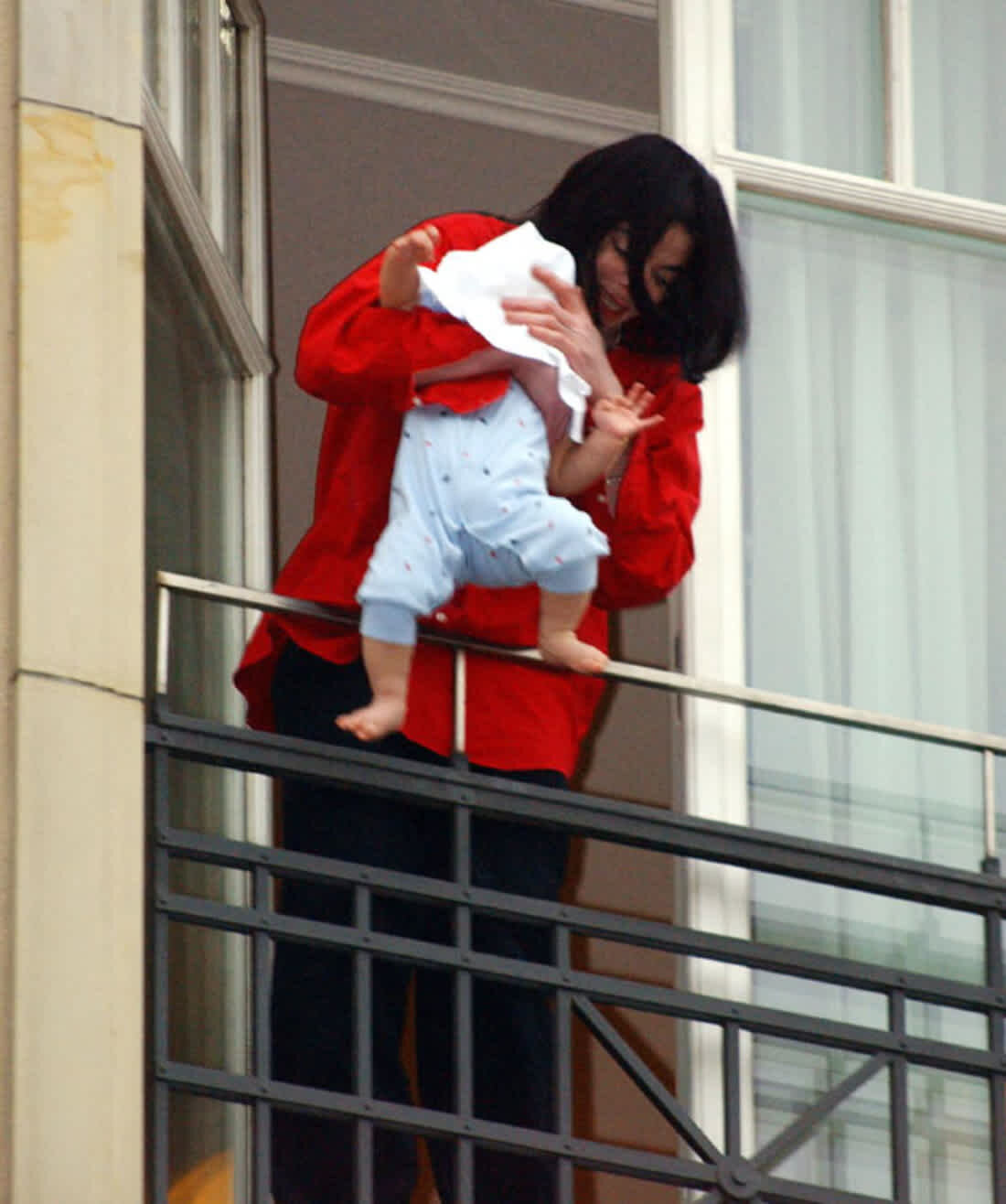By the Landlord
"Life is a flame that is always burning itself out, but it catches fire again every time a child is born." – George Bernard Shaw
"I think that I see something deeper, more infinite, more eternal than the ocean in the expression of the eyes of a little baby when it wakes in the morning and coos or laughs because it sees the sun shining on its cradle." – Vincent Van Gogh
"A baby is a blank check made payable to the human race." – Barbara Christine Seifert
I've been very lucky to have met the great naturalist and TV presenter David Attenborough on two occasions. The first was at an awards ceremony where I knew in advance that he was due to attend and win a lifetime achievement award. Aside from a work role there, I took my copy of Life On Earth with me, the book to accompany the original groundbreaking TV series, one I'd had since the age of 12, and clutching it nervously, asked if he might oblige, joking with him that the guy on the back cover in 1979 had real potential, and while I didn't know where he was now, would he mind signing it on his behalf? He duly obliged with a wonderful smile and a gentle laugh, and then, without any sense of rush, making me feel like the only person in the room, began chatting to me about how he liked to engage with his daughter using monkey noises.
Monkeys and birds of paradise are among his favourite animals, but on the second occasion I met him, he was a special guest at a morning news conference in the Guardian buildings, talking about climate change and other matters. Then taking questions, a senior editor nervously asked if he could ask, on behalf of his young son (yeah, right), what Mr Attenborough's favourite animal was? Sir David hesitated for a second, and then revealed, despite everything he has studied and filmed around the globe, that the most fascinating and wondrous animal of all was the human baby.
And so there it is, in a smooth, wriggly nutshell, everything that we are, all the very best and worst of us, the innocent and the opposite. From the very moment it is born, soaking up sights and sounds, and smells, faces, words, information, feelings, people making stupid noises. They are the ultimate example of nature in balance with nurture, of potential and failure, of hope and despair. Tiny bundles of our future. And this week they are the subject of song, not, just to be clear, the term of endearment, 'baby' as in darling, but babies themselves.
But are they beautiful miracles of wide-eyed wonder, or guzzling, selfish, exhausting, sleep-sapping, puking bags of energy extracting suckers? Both of course. Some parents I speak to compare a baby to a shiny new potato. It's perfect in every way, smooth and shiny, and it is attached for a long time to the original larger parent potato. But the downside is that, while the new one gets all the attention, the skin and body of the bigger one, giving all of its goodness and nutrients to the small one, gradually becomes brown, mottled, withered and saggy.
Babies are all about extremes. They are so beautiful but also, often, so ugly. Their proportions, with oversized head, compared to their stumpy, lumpy, fat bodies, simply shouldn't work, but somehow it does. They are all mouth, and mainly eyes. It is no wonder then that kittens, puppies, and other baby mammals, similarly proportioned, but so much more athletic, also appeal to our hardwired instincts to protect, feed and cuddle them. Their power to want, and receive love, is infinite. Anyway, here’s a gratuitous baby mammal selection:
But babies are also so disproportionately loud, like sirens going off. Perhaps that's why cats have also evolved to sound like them, meowing a similar whine when they want feeding. And aside from all the shitting and puking of course, a baby crying is their least endearing quality. If only they just laughed and gurgled it would be great. But it's a cry for attention, for survival. It's a wonder they don't deafen themselves really, as sounds are very important to babies. It is said that music can play a great role in brain development, from within the womb, and afterwards.
Music stimulates a baby’s brain
But while babies are vulnerable, cute and weak, they are born, from their mothers' experience, mostly in an act of extreme pain, sometimes even surgical violence. In Shakespeare's Macbeth, the main character, who has murdered his way up to attainig the crown, believes that he cannot be killed by any man born of a woman. But then he learns that his eventual killer, Macduff, was "from his mother's womb / untimely ripped", which may refer to what was presumably then extra grim and probably fatal procedure of cesarean section. It's now a fairly common procedure of course, and o that note, there's an excellent band called The Cesarians, presumably named as such because they all share the same early beginning.
But in terms of song, there are many angles to conceive. Some may highlight babies born in tragic circumstances, in poverty or deprivation, or others in extreme privilege, with a silver spoon in mouth. Babies are pivotal to many stories, real and fictional.
Babies make for great stories, often working as the fulcrum of plot in literature and film, such as the eventual true identity of Pip in Dickens' Great Expectations, or 'bastard' Jon Snow in Game of Thrones. Lineage, privilege, and the first born always make adults behave in the extreme.
And particularly that early great comic novel, Laurence Sterne's The Life and Opinions of Tristram Shandy, it even takes several chapters for the autobiographical hero to even appear into the world. Meanwhile in David Copperfield, Dickens writes:
“Whether I shall turn out to be the hero of my own life, or whether that station will be held by anybody else, these pages must show. To begin my life with the beginning of my life, I record that I was born (as I have been informed and believe) on a Friday, at twelve o’clock at night. It was remarked that the clock began to strike, and I began to cry, simultaneously.”
There are also many famous babies. Mixing history and legend, fact and fiction, Jesus or Moses, for example, who both are thought to have escaped certain death by luck and the kindness of strangers, their stories retold in numerous ways.
Babies are the stuff of Greek mythology too. Hercules, the half-man-god was the result of Zeus tricking a mortal woman into a bit of how's your father. Telling his wife Hera it was all a slight misunderstanding and the child had just been abandoned, he fooled her into nursing the infant as her own. But when Hera learned the truth, she wasn't too happy, and stuck a pair of poisonous snakes into Hercules’s crib. But the muscular newborn killed both creatures with his bare baby fists, after which Hera made it her personal goal to make his life a living hell.
Babies have a strong grip, but Hercules’s was ridiculous …
And on a more scientific note, Louise Brown, the world's first successful "test-tube" baby, who was born on 25 July 1978.
There have been high-profile baby kidnappings, such as in 1932, Charles Augustus Lindbergh, Jr., the 20-month-old son of the famous aviator, from the family’s home in Hopewell, New Jersey. And then there is the case of in 1980 of eight-week-old Azaria Chamberlain, who appeared to have been snatched by a dingo in Australian, but her mother, Lindy Chamberlain-Creighton was subject of a huge murder case, and ended up being portrayed in a film, A Cry in the Dark, starring Meryl Streep. It now seems incredible that amid all the media hype of the case, Lindy was imprisoned for life and it was only because of the chance discovery of a piece of the baby’s clothing near a dingo’s lair in 1986 that she was released.
Then, with babies the obsession, there is extreme oppression of women in The Handmaid's Tale, where individuals are forced to bear children for the wealthy and privileged as baby-making slaves in Margaret Atwood's dystopian vision of an America where violent religious zealots take over.
The Handmaid’s Tale. Whose baby?
And then of course there's the truly horrifying prospect of Rosemary's Baby in Roman Polanski film adaptation in 1968 from Ira Levin's 1967 book, with an amazing performance by Mia Farrow.
Rosemary’s Baby. Whose baby?
Scariest of all though, is perhaps Renton's vision of a baby that had suffered cot death, crawling on the ceiling in the film adaptation of Trainspotting when he is going cold turkey from heroin.
And then again, there’s Michael Jackson having a joke with son Prince Michael:
Michael Jackson dangles son Prince Michael over a hotel balcony
But let's mollifying our vision of babies with a few final remarks from more guests at the bar. American author Diana Gabaldon, known for the Outlander series of novels, sums up a baby's remarkable physical development in Dragonfly in Amber:
“Babies are soft. Anyone looking at them can see the tender, fragile skin and know it for the rose-leaf softness that invites a finger's touch. But when you live with them and love them, you feel the softness going inward, the round-cheeked flesh wobbly as custard, the boneless splay of the tiny hands. Their joints are melted rubber, and even when you kiss them hard, in the passion of loving their existence, your lips sink down and seem never to find bone. Holding them against you, they melt and mold, as though they might at any moment flow back into your body.
But from the very start, there is that small streak of steel within each child. That thing that says "I am," and forms the core of personality.
In the second year, the bone hardens and the child stands upright, skull wide and solid, a helmet protecting the softness within. And "I am" grows, too. Looking at them, you can almost see it, sturdy as heartwood, glowing through the translucent flesh.
The bones of the face emerge at six, and the soul within is fixed at seven. The process of encapsulation goes on, to reach its peak in the glossy shell of adolescence, when all softness then is hidden under the nacreous layers of the multiple new personalities that teenagers try on to guard themselves.
In the next years, the hardening spreads from the centre, as one finds and fixes the facets of the soul, until "I am" is set, delicate and detailed as an insect in amber.”
Some of us are utterly indifferent to babies. George Carlin says: “When I ask how old your toddler is, I don't need to hear '27 months.' 'He's two' will do just fine. He's not a cheese. And I didn't really care in the first place.”
And Jeanette Winterson writes about their mystery in The Stone Gods: “The trouble with babies is that they are made like a safe- no way to see what's inside and no guarantee that the effort will be worth the trouble. spin the numbers, crack the code, but the door won't swing open. Babies are safes on time-delay. It takes years for the door to swing open, and even when it does, the best minds are undecided as to the value of the contents”
Meanwhile, hard-man actor Liam Neeson, in for a few whiskeys, and probably seeking to take violent revenge on some kidnapper of his own child in a film, happens to tell us: “It's extraordinary to look into a baby's face and see a piece of your flesh and your spirit. It makes you realise you are a part of the human race."
So then, the race is on, and it’s time to give birth to your your baby-related songs suggestion to this week's father figure, the strong, kind, wise, generous hands of Dr George Boyland, aka sonofwebcore. Put your songs in comments below for deadline at 11pm UK time on Monday, for playlists published on Wednesday, for crying out loud.
Cheeky bastard
New to comment? It is quick and easy. You just need to login to Disqus once. All is explained in About/FAQs ...
Fancy a turn behind the pumps at The Song Bar? Care to choose a playlist from songs nominated and write something about it? Then feel free to contact The Song Bar here, or try the usual email address. Also please follow us social media: Song Bar Twitter, Song Bar Facebook. Song Bar YouTube. Subscribe, follow and share.
Please make any donation to help keep Song Bar running:

